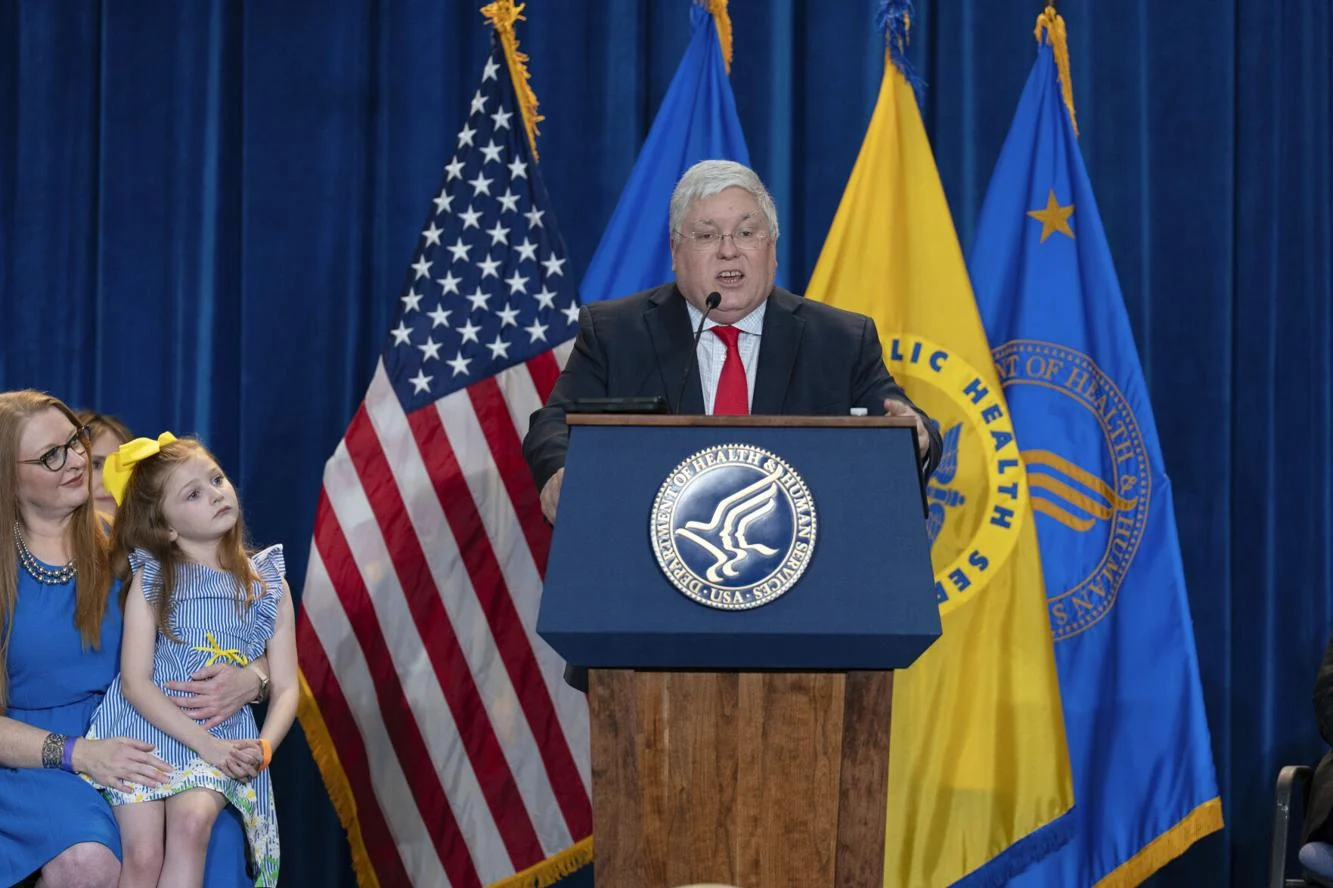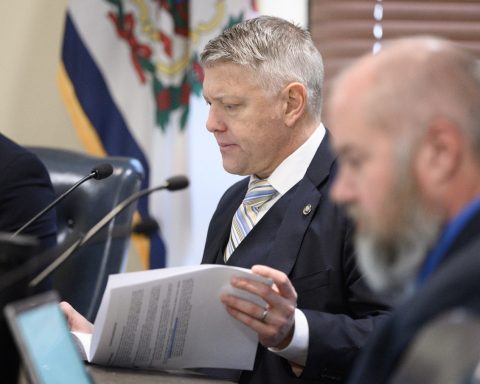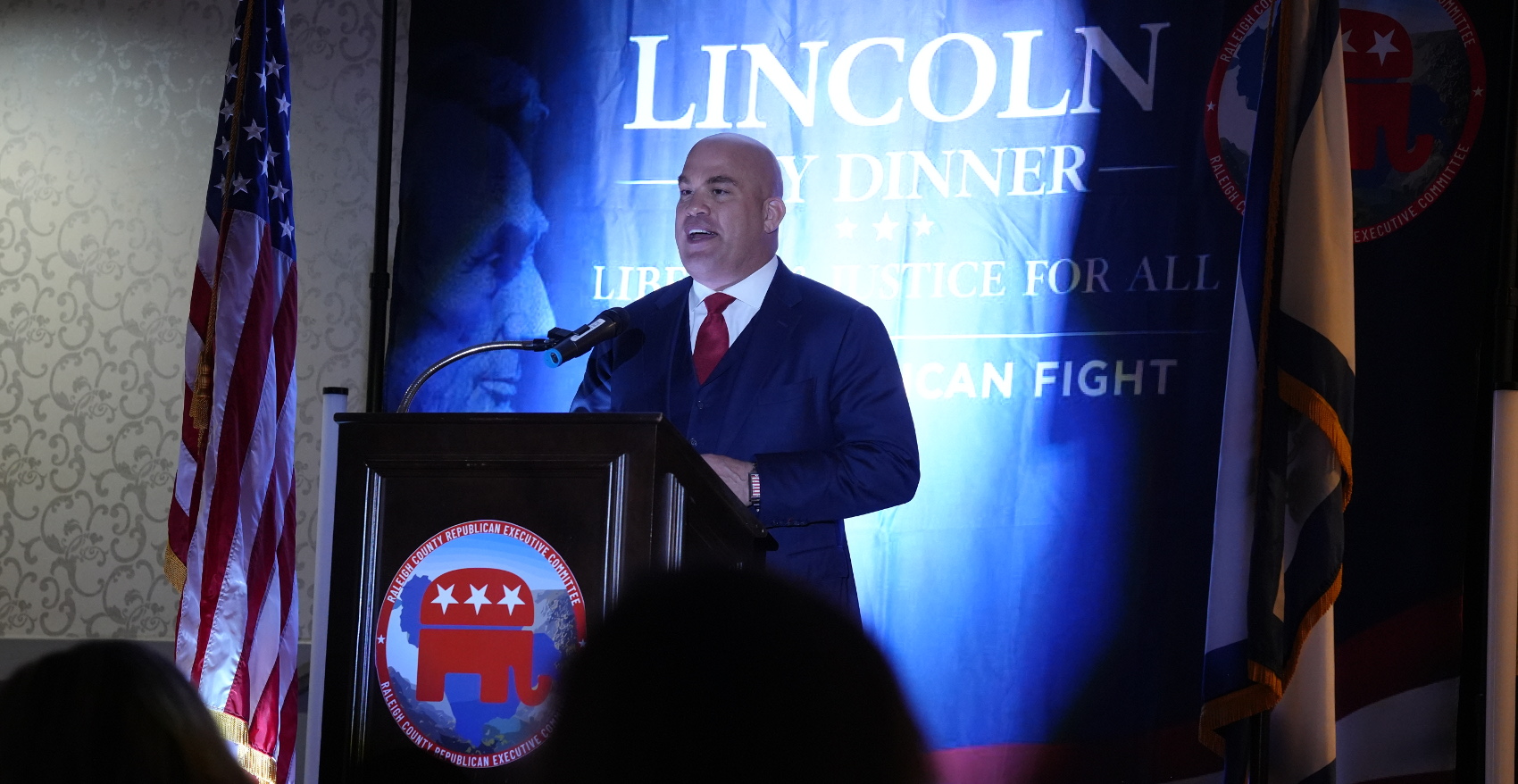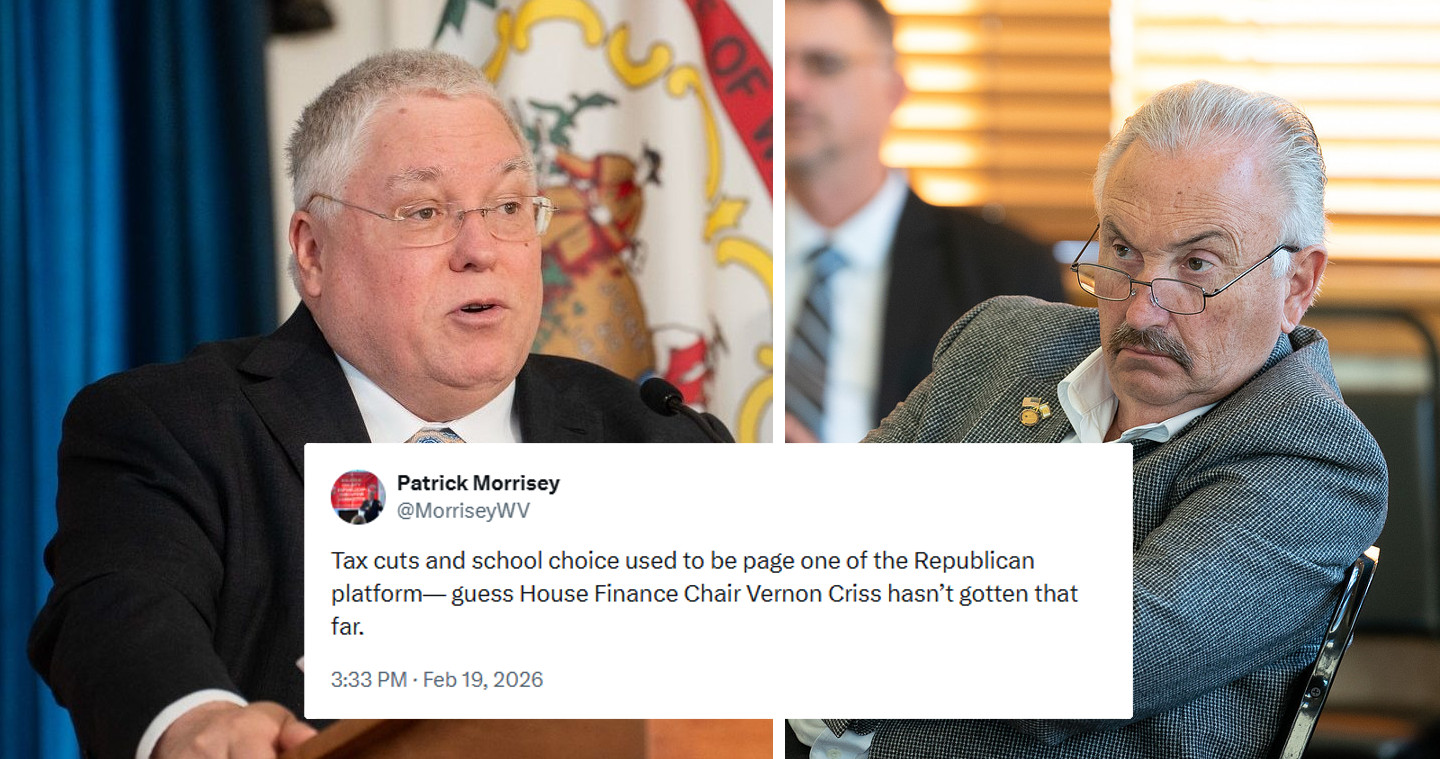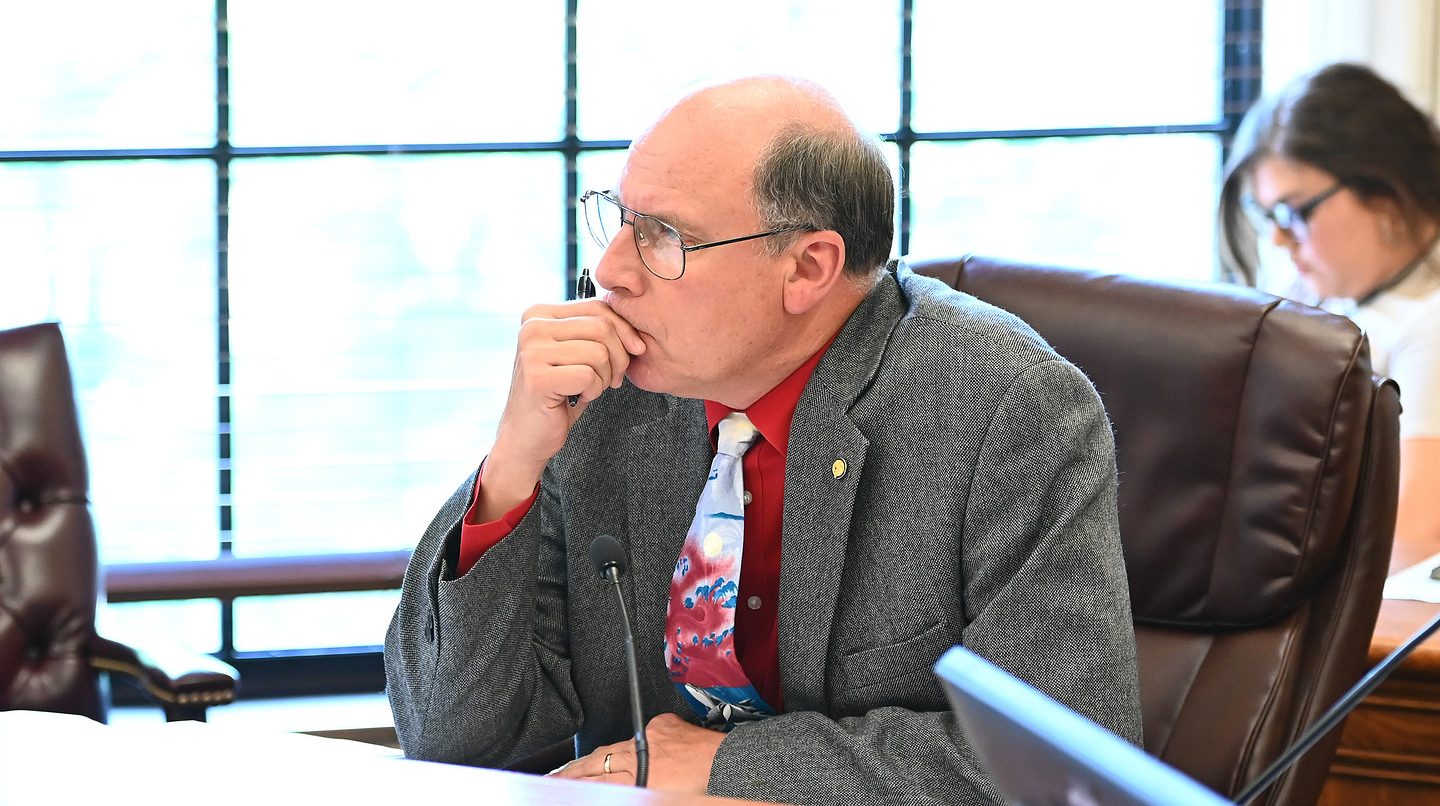WASHINGTON D.C. — West Virginia’s early move to restrict artificial food dyes has gained national attention, with state officials receiving recognition this week for helping shape a growing federal push to remove synthetic dyes from the nation’s food supply. These synthetic dyes are petroleum-based food colorings, meaning they derive from the same substance found beneath the Earth’s surface that we refine into fuel, gasoline, plastics, and heating oil.
Gov. Patrick Morrisey signed legislation earlier this spring that bans certain food dyes in school lunches beginning August 1, with a broader statewide ban on the sale of affected food items taking effect in 2028.
This week, Morrisey appeared in Washington, D.C., where U.S. Health and Human Services Secretary Robert F. Kennedy Jr. credited the Mountain State as a key influencer in the national conversation around food safety.
“I want to thank Governor Morrisey,” Kennedy said at a Tuesday news conference, highlighting talks with other governors, including those from Arizona and Utah. “Those bans have given us leverage to make demands of the food companies.”
Kennedy announced that the federal government is encouraging food and beverage manufacturers to voluntarily eliminate petroleum-based artificial colors. The move stops short of a national ban, but builds on actions taken at the state level.
Food and Drug Administration Commissioner Marty Makary said the agency plans to phase out the use of synthetic dyes by the end of 2026 through voluntary industry cooperation.
The West Virginia law prohibits certain additives in school nutrition programs, including butylated hydroxyanisole (BHA), propylparaben and seven color additives. Exemptions are made for off-site or after-school fundraising activities.
“West Virginia is proud to be leading the nation in the effort to get the crap out of our food,” Morrisey said during the national event. “Harmful food dyes have been proven to be connected to a host of serious health issues, including cancer.”

